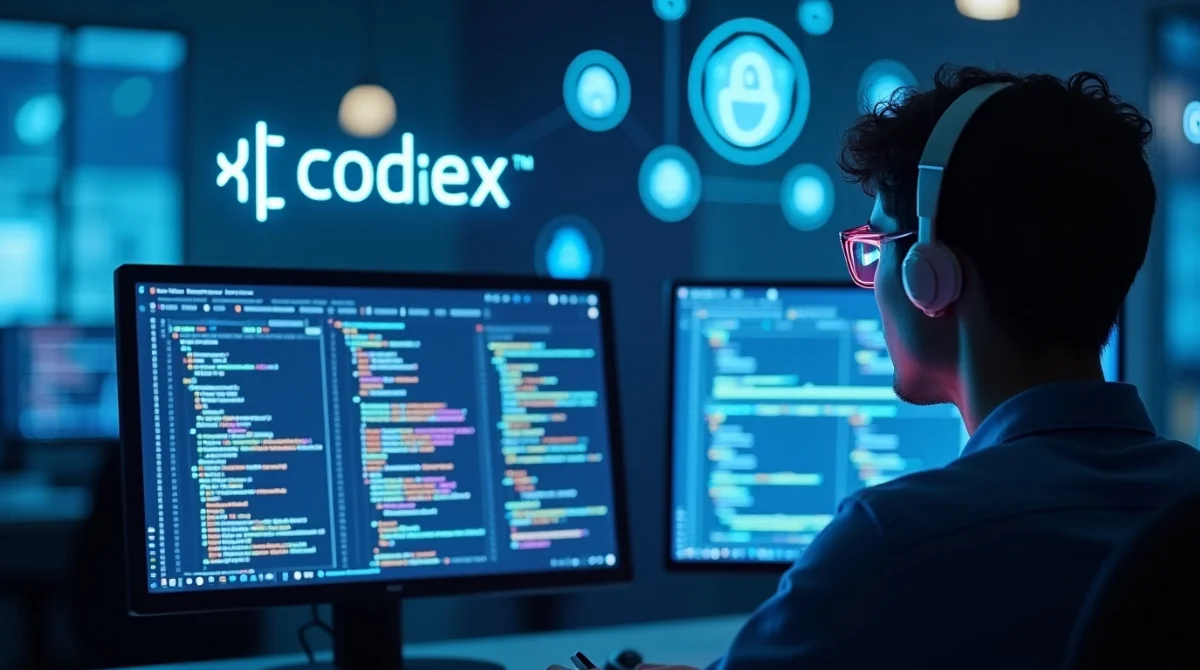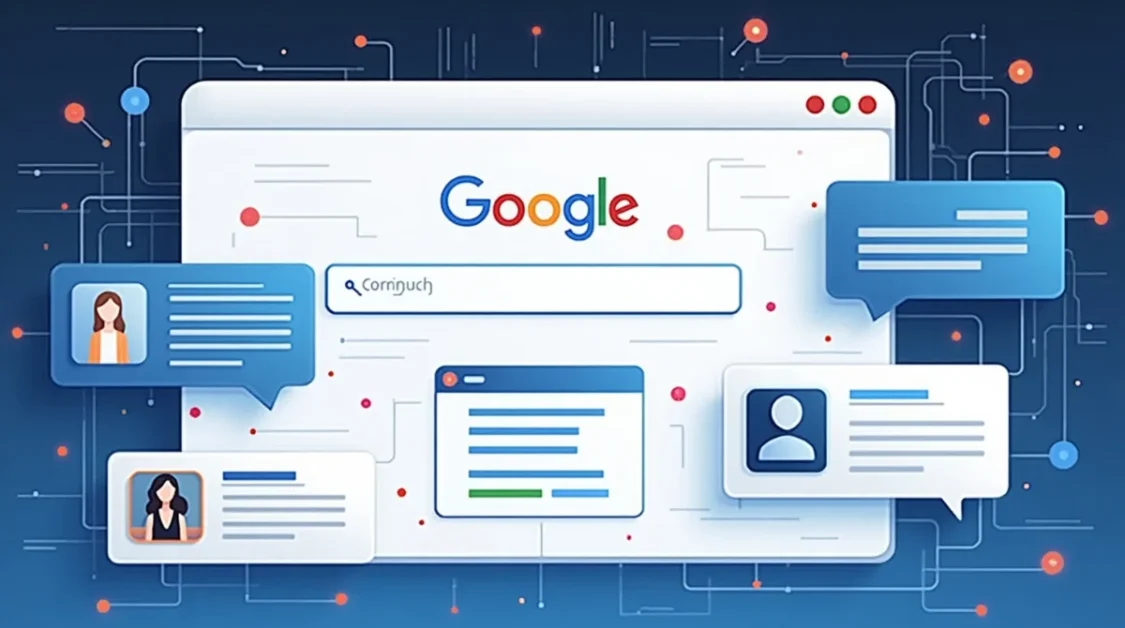Codex, a ground-breaking AI-powered coding agent developed by OpenAI, is intended to transform software development by automating repetitive programming processes. Codex is now free for Pro, Team, and Enterprise subscribers and has been incorporated into ChatGPT.
OpenAI’s codex-1 model, a software engineering-specific adaptation of the o3 reasoning model, serves as the basis for Codex. This sophisticated agent is capable of writing code on its own, finding and fixing errors, running tests, and even deciphering intricate codebases. Codex strives to increase developer efficiency while upholding safety and transparency by operating in a safe, sandboxed environment.
OpenAI’s Vice President of Engineering, Srinivas Narayanan, characterized Codex as bringing “a transformative way of working,” highlighting its capacity to optimize software development procedures.
With the launch of Codex, OpenAI is now in a direct competitive position to take on other significant participants in the AI-assisted coding market, such as Claude from Anthropic and Gemini from Google. Even while OpenAI is the industry leader in consumer AI chatbots, its coding tools have historically lagged behind competitors. Codex provides sophisticated features designed for expert developers in an effort to close this gap.
According to reports, OpenAI is in negotiations to pay $3 billion to acquire Windsurf (previously Codeium), a well-known AI coding startup, as part of a calculated effort to strengthen its product line.
Codex can perform duties like code refactoring, testing, and directory navigation, making it a “virtual coworker” for developers. It is a useful tool for preserving code quality and consistency since it can be tailored to an organization’s coding style and support code reviews.
Companies like Cisco, Temporal, Superhuman, and Kodiak are among the early adopters who have started incorporating Codex into their development processes and have seen increases in development speed and security.
OpenAI intends to make Codex available to other premium services in the future, even if it is presently only available to a limited number of customers. With the goal of transforming ChatGPT into a complete virtual coworker that can handle challenging jobs cooperatively, the organization is also investigating other agentic technologies, such as Operator and Deep Research.
Tools like Codex are a big step toward more autonomous and effective software development as AI develops, which could change the role of human programmers in the sector.



